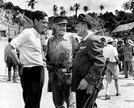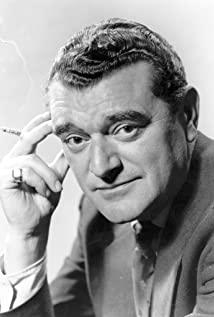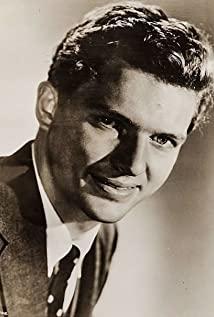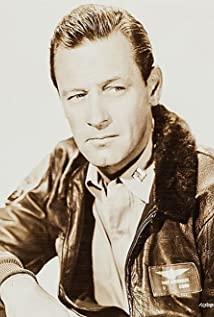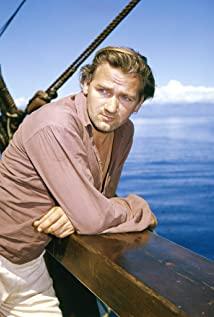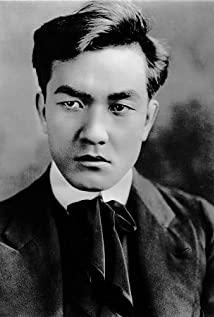in the film, the Japanese are the victors and rulers, but they don't have such a demeanor.
From words to behaviors, they still can't hide their humbleness in their bones. Although they are an island nation like the British, they have never been experienced and baptized by the civilization of a great power.
When the British officers were released from the cell, I saw the victory of perseverance, the victory of resistance.
But in fact, it is just like a word that the handsome colonel has been talking about all the time - civilization, that is the victory of civilization.
Civilization, contains too many things...
At least, at that time in history, Westerners, no, should be said to be British, understand the meaning of the word better than we do.
Imagine, if it was a group of captured Chinese troops, what would the Chinese do, and what would the result be like...
Think deeply about what kind of rules of the game that stubborn British officer followed, and what kind of stubbornness he followed. What did his obedience bring, and what made him so stubborn in obedience? Could it be British pride that prompted him to show the Japanese how they lived (eating and talking to save time) and how they behaved (spontaneous demands to work harder)? At the bridge-building seminar, it was no longer a dialogue between the victor and the prisoners of war, but a discussion between the two partners.
"Don't you think they have high morale? Don't you think discipline has been restored?... We are prisoners of war and we have no right to refuse labor... Don't you think laziness will break us?... This is important, Let them know that they can't break us physically or mentally... When people use this bridge in the future, they will remember that it was a bridge built by a group of British people, a bridge built by a group of British soldiers , and even built while being captured..." After
thinking about it, in the films made by the Chinese, the Japanese are by no means so reasonable and humane, but here, the British colonel used a The word - reasonable, this should have something to do with our publicity line.
American and British worldviews and lifeviews collide in the forest on the way to the Bridge on the River Kwai. Americans hate the serious attitude of the British towards war, they feel that the British are "full of the stench of death", war is just a game, while the British are full of crazy courage, and their minds are full of "how to die like a Gentleman...how to die in order...", and he felt that the most important question was how to live as a person. Brits are conservative, stubborn, and rule-abiding, while Americans are casual, life-oriented and individualistic. These are also the watersheds between the "Old West" and the "New West".
ps I'm a little disgusted that the subtitle translation team translates every Japanese word into "Little Japan"
View more about The Bridge on the River Kwai reviews





